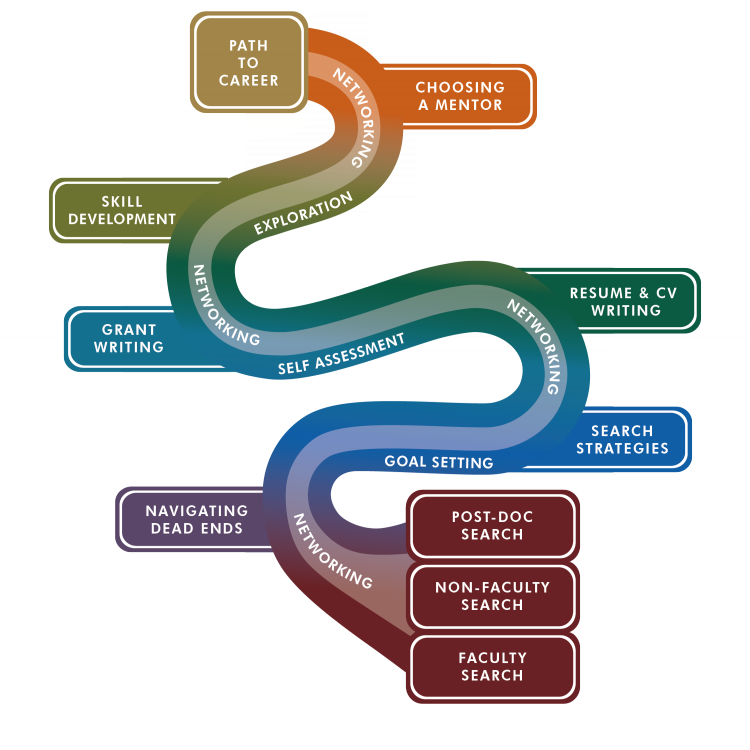

Milica Krstic (PhD 2019) Scientific Lead, Immuno-oncology, KisoJi Biotechnology, Quebec, Canada.Government Policy and Research: Health Canada, Ministry of Health and Long Term Care, Agriculture CanadaĪ snapshot of current careers held by PhD graduates from our department includes the following:.Industrial Research Scientist or Technician.Research Associate or Technician (Academic).

PATHOLOGY CAREER PROFESSIONAL
Professional Training – Medicine, Nursing, Law, Business, Dentistry, Teaching, Pharmacy, Pathologists’ Assistant.
 Post-Doctoral Research and Advanced Training. Many careers require this advanced MSc and PhD training including the following: By engaging in research, you will develop these and other skills that can be used in many different contexts, and you will contribute to a growing body of knowledge about how living systems function. Because science goes beyond what we already know, scientific research is a continuous learning process that involves discovery, creative and critical thinking, acquisition of technical expertise, oral and written communication, and problem solving. Development of SkillsĪs a graduate student in Pathology and Laboratory Medicine, you will become directly involved in scientific research. The College also offers training to Senior Scientists and Dentists.As a Western graduate student, you have access to an abundance of quality professional development opportunities, which make it simple for you to self-direct your learning and development, maximize the value of your degree, and ease your career transition. When compared to other specialties, a pathologist’s lifestyle is excellent with little on call work required, leaving time available for family and other interests. Most pathologists work with a range of medical specialists, including general practitioners and laboratory scientists and the work frequently involves the integration of laboratory and clinical medicine. The College also offers training to Senior Scientists and Dentists. One of the best aspects of a career in pathology is the wide variety of cases seen, which never ceases to be interesting and challenging. Even less well known is that pathologists are also intimately involved in the management of these often life threatening conditions. Most people do not realise that pathologists diagnose every detected cancer in the world and that they are involved in the diagnosis and monitoring of all acute and chronic illnesses, such as diabetes, blood disorders and infections. Pathologists are medical doctors with at least 13 years of training.Īs both a pure and applied science, many major advances have been made in medical practice as a result of research carried out by pathologists and scientists – immunisation against infectious diseases, organ transplantation, safe blood transfusion, genetics and forensics.īy pursuing a career in pathology you become involved in medicine at its purest level. Pathology touches every facet of medicine and therefore society. From the time a new life is created to the time it ends, pathology is involved. Pathology is the study of disease, or any condition that limits the quality, length or enjoyment of life.
Post-Doctoral Research and Advanced Training. Many careers require this advanced MSc and PhD training including the following: By engaging in research, you will develop these and other skills that can be used in many different contexts, and you will contribute to a growing body of knowledge about how living systems function. Because science goes beyond what we already know, scientific research is a continuous learning process that involves discovery, creative and critical thinking, acquisition of technical expertise, oral and written communication, and problem solving. Development of SkillsĪs a graduate student in Pathology and Laboratory Medicine, you will become directly involved in scientific research. The College also offers training to Senior Scientists and Dentists.As a Western graduate student, you have access to an abundance of quality professional development opportunities, which make it simple for you to self-direct your learning and development, maximize the value of your degree, and ease your career transition. When compared to other specialties, a pathologist’s lifestyle is excellent with little on call work required, leaving time available for family and other interests. Most pathologists work with a range of medical specialists, including general practitioners and laboratory scientists and the work frequently involves the integration of laboratory and clinical medicine. The College also offers training to Senior Scientists and Dentists. One of the best aspects of a career in pathology is the wide variety of cases seen, which never ceases to be interesting and challenging. Even less well known is that pathologists are also intimately involved in the management of these often life threatening conditions. Most people do not realise that pathologists diagnose every detected cancer in the world and that they are involved in the diagnosis and monitoring of all acute and chronic illnesses, such as diabetes, blood disorders and infections. Pathologists are medical doctors with at least 13 years of training.Īs both a pure and applied science, many major advances have been made in medical practice as a result of research carried out by pathologists and scientists – immunisation against infectious diseases, organ transplantation, safe blood transfusion, genetics and forensics.īy pursuing a career in pathology you become involved in medicine at its purest level. Pathology touches every facet of medicine and therefore society. From the time a new life is created to the time it ends, pathology is involved. Pathology is the study of disease, or any condition that limits the quality, length or enjoyment of life.







 0 kommentar(er)
0 kommentar(er)
